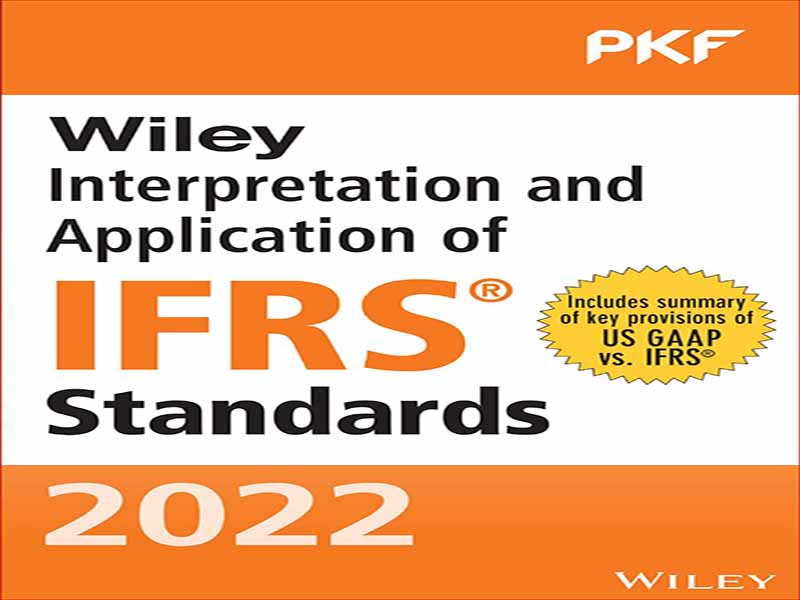ماموریت بنیاد IFRS و هیئت استانداردهای حسابداری بین المللی (IASB) تدوین استانداردهای بین المللی گزارشگری مالی (IFRS) است که شفافیت، پاسخگویی و کارایی را برای بازارهای مالی در سراسر جهان به ارمغان می آورد. آنها با تقویت اعتماد، رشد و ثبات بلندمدت در اقتصاد جهانی به دنبال خدمت به منافع عمومی هستند. محرک همگرایی استانداردهای گزارشگری مالی غیرمشابه از لحاظ تاریخی عمدتاً تسهیل جریان آزاد سرمایه بوده است تا برای مثال، سرمایه گذاران در ایالات متحده تمایل بیشتری به تأمین مالی کسب و کار مثلاً در چین یا جمهوری چک داشته باشند. دسترسی به صورتهای مالی که به همان «زبان» نوشته شدهاند، به از بین بردن یک مانع عمده برای اطمینان سرمایهگذاران کمک میکند، که گاهی به عنوان «ریسک حسابداری» شناخته میشود، که به ریسکهای ملموستر انجام چنین سرمایهگذاریهای فرامرزی میافزاید. علاوه بر این، اجازه فهرست کردن سهام یا اوراق بدهی یک شرکت در بورس معمولاً مشروط به تشکیل پرونده با مقامات نظارتی ملی است. این تنظیم کننده ها تمایل دارند یا بر انطباق با رویه حسابداری عمومی پذیرفته شده محلی (GAAP) یا تطبیق رسمی با GAAP محلی پافشاری کنند. این رویهها خستهکننده و زمانبر هستند و منابع انسانی و دانش فنی برای اجرای آنها همیشه بهطور گسترده در دسترس نیست، و باعث میشود بسیاری از ثبتکنندگان بالقوه فرصت گسترش پایگاههای سرمایهگذار خود و کاهش بالقوه هزینههای سرمایه خود را از دست بدهند.
The mission of the IFRS Foundation and the International Accounting Standards Board (IASB) is to develop International Financial Reporting Standards (IFRS) that bring transparency, accountability and efficiency to financial markets around the world. They seek to serve the public interest by fostering trust, growth and long-term stability in the global economy. The driver for the convergence of historically dissimilar financial reporting standards has been mainly to facilitate the free flow of capital so that, for example, investors in the US would become more willing to finance business in, say, China or the Czech Republic. Access to financial statements which are written in the same “language” would help to eliminate a major impediment to investor confidence, sometimes referred to as “accounting risk,” which adds to the more tangible risks of making such cross-border investments. Additionally, permission to list a company’s equity or debt securities on an exchange has generally been conditional on making filings with national regulatory authorities. These regulators tend to insist either on conformity with local Generally Accepted Accounting Practice (GAAP) or on a formal reconciliation to local GAAP. These procedures are tedious and time-consuming, and the human resources and technical knowledge to carry them out are not always widely available, leading many would-be registrants to forgo the opportunity of broadening their investor bases and potentially lowering their costs of capital.
این کتاب را میتوانید از لینک زیر بصورت رایگان دانلود کنید:





































نظرات کاربران